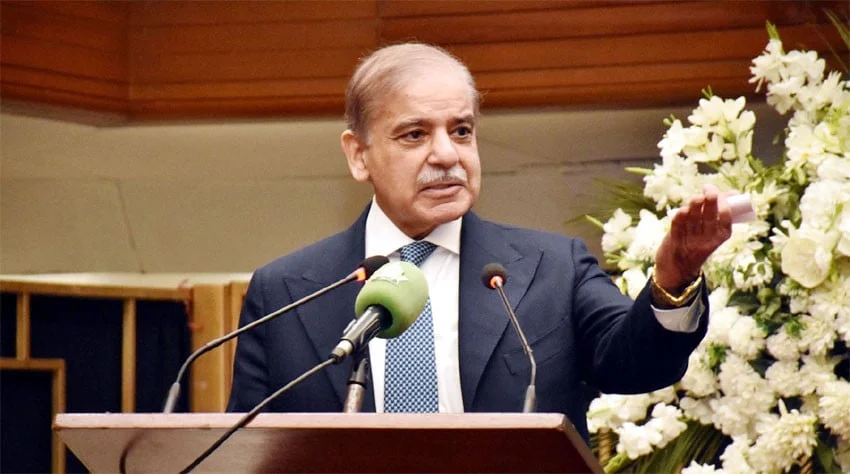Islamabad, April 11: Prime Minister Shehbaz Sharif has turned down a proposal to exempt registered exporters from an 18% sales tax on local supplies of raw materials, commodities, and machinery.
The move comes amid concerns over Pakistan’s commitments to the International Monetary Fund (IMF). The Fund has been pushing for stricter fiscal discipline.
The decision was made during a high-level meeting at the Prime Minister’s House on Thursday, just before PM Shehbaz Sharif departed for Belarus.
The proposal was championed by Planning Minister Ahsan Iqbal. Mr Iqbal sought to restore tax exemptions under the Export Facilitation Scheme (EFS), which were scrapped in June 2024.
IMF’s Influence on Pakistan’s Fiscal Policy
The IMF has consistently opposed such tax waivers, arguing that they disrupt Pakistan’s ongoing economic stabilization efforts.
The global lender sees the elimination of exemptions as key to strengthening Pakistan’s tax base. This end to exemptions is a critical condition of its Extended Fund Facility (EFF) agreement.
Read more: IMF Technical Team to Visit for Budget Proposals on April 15
Unfair Tax Burden on Local Suppliers
The 18% sales tax has made locally produced goods less competitive, forcing exporters to import raw materials tax-free instead of sourcing them from domestic suppliers.
This tax imbalance has resulted in significant losses for local industries, particularly in sectors such as textiles and manufacturing.
The government is now considering applying the same 18% tax to imports to create a level playing field. However, this move could increase import costs and impact trade agreements. It could even lead to further deliberation before a final decision is made.
Read more: New IMF Orders: Strictly No Subsidy, CD to CPPA-G and Routine Tariff Hike
Policy Review Underway
Prime Minister Shehbaz Sharif has returned the proposal to a ministerial committee for further review. He has also instructed policymakers to find a solution that protects local industries while maintaining Pakistan’s fiscal commitments.
The committee will also work to improve the Export Facilitation Scheme (EFS) to ensure exporters can operate smoothly without compromising revenue generation.
As Pakistan continues its struggle to balance economic growth with fiscal responsibility, the government faces a tough choice between supporting exporters and adhering to IMF-backed tax reforms.









